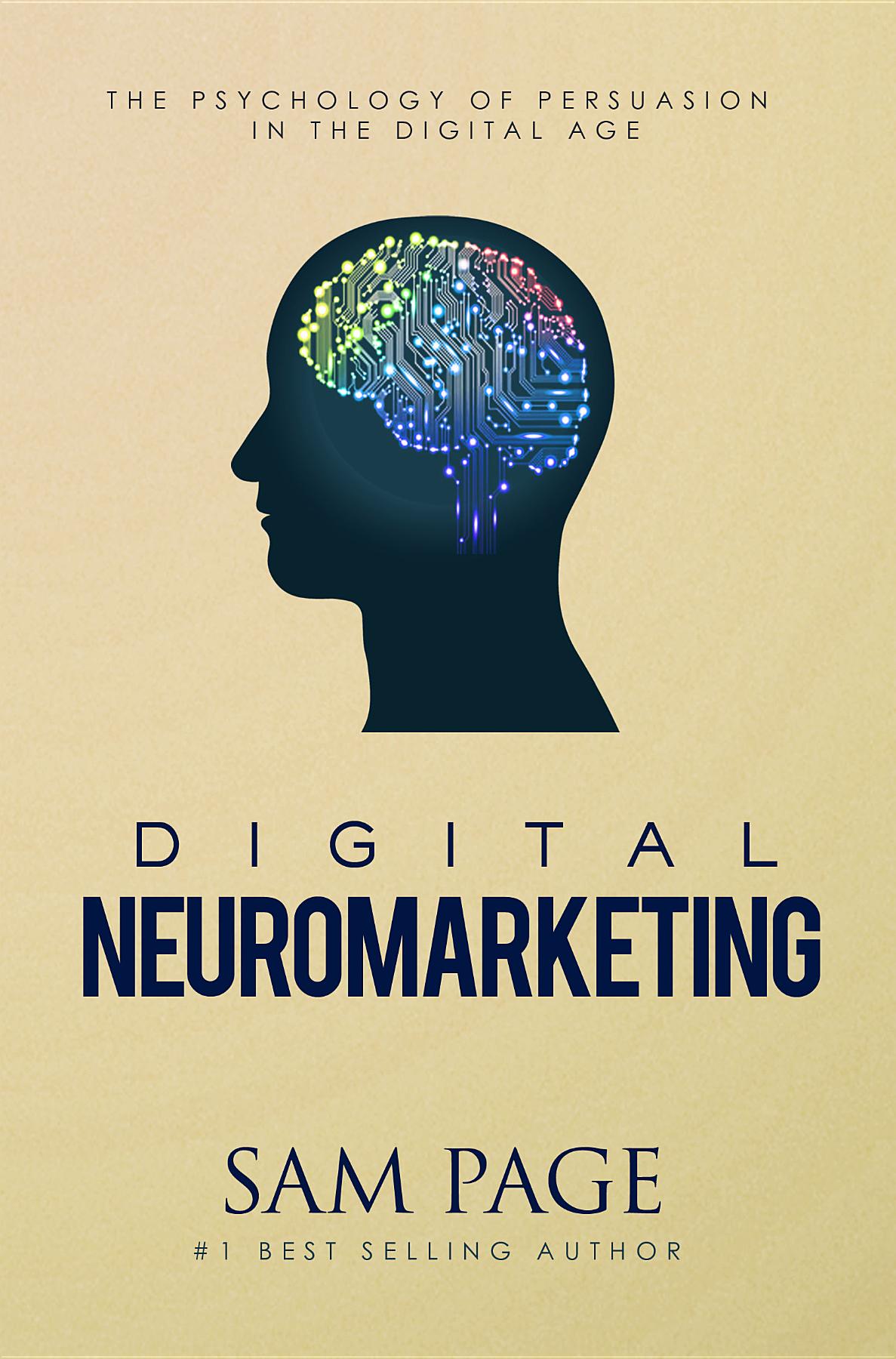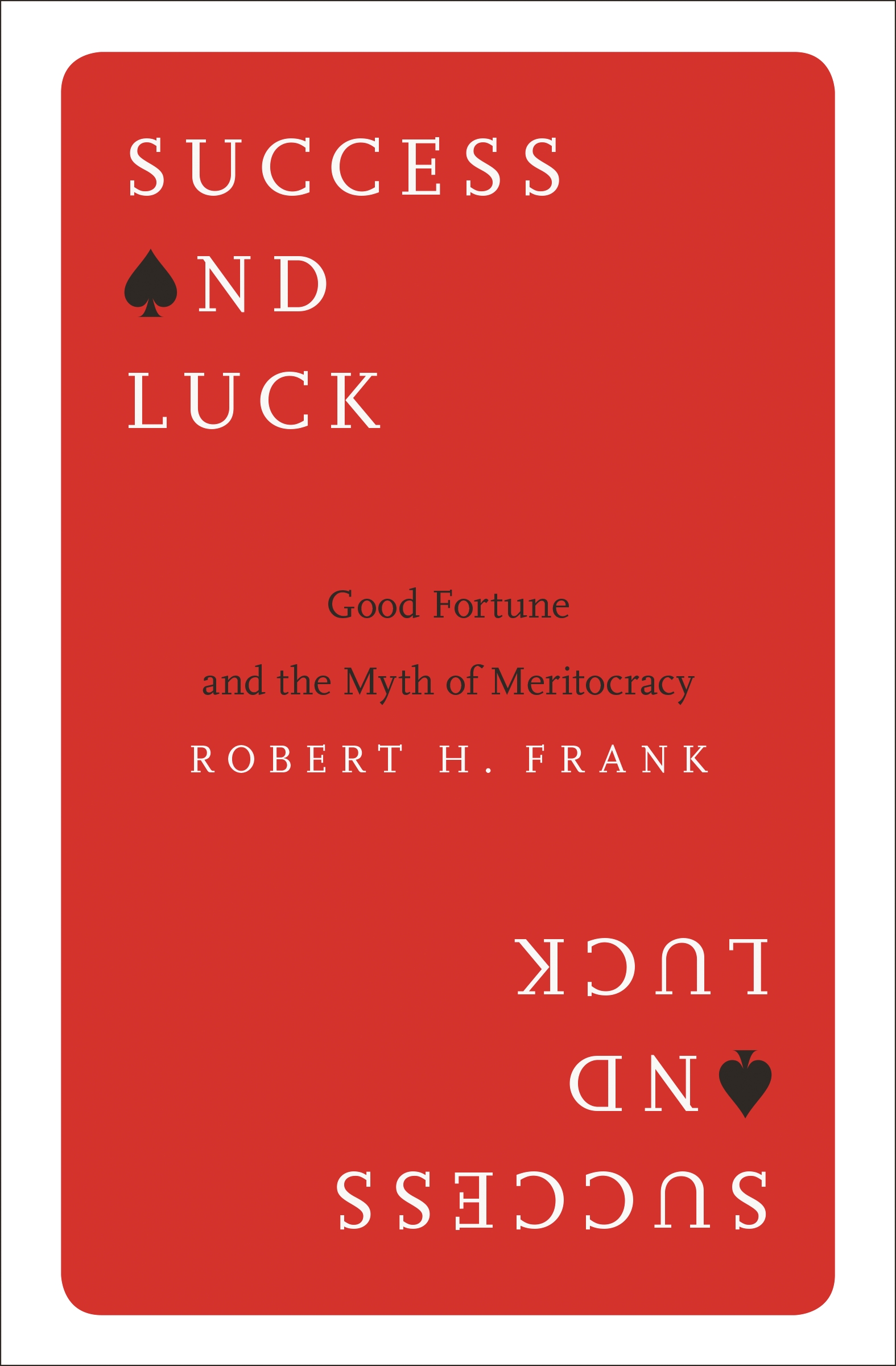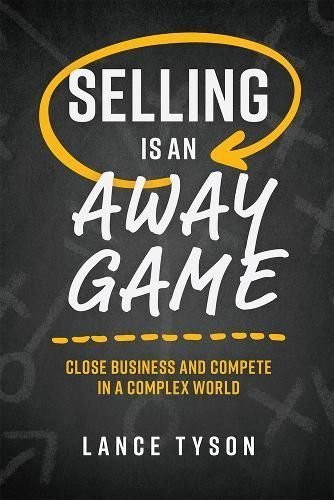The concept of marketing and managing relationships with customers and other interest groups is at the core of marketing today. In the academic world, the topic is covered in special issues released by numerous journals (e. g. Journal of the Academy of Marketing Science, Journal of Strategic Marketing, Psychology & Marketing), and conferences and conference sessions regularly discuss the advantages of the approach. But relationship marketing is not limited to theory. On the contrary, no service firm or business-to-business company can now do without some form of long-term orientation, and all have implemented at least some elements of the relationship marketÂ- ing concept. Even in the consumer goods sector, there are a growing number of cases where the traditional orientation towards brand equity is being complemented by a relational focus. As Berry has mentioned, relationship marketing is a “newÂ- old” concept. Several important aspects of relationship marketing were already being discussed in the marketing literature. This applies both to central constructs (such as customer satisfaction) and to single elements (such as the management of complaints and after-sales services). Although they do not involve explicit mention of the term relationship VI Preface marketing, a long-term orientation can be found in the network approach of industrial marketing (closely related to the work of the IMP Group), in the work of Gronroos, Gummesson and their colleagues at the Nordic School of Services Marketing and, last but not least, in the concept of customer-focused marketing.












